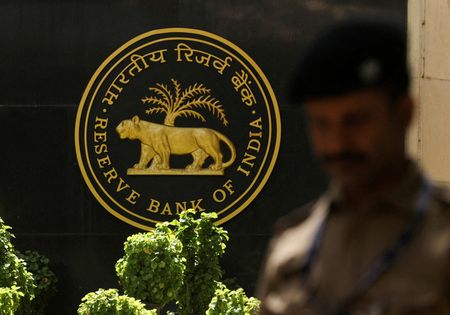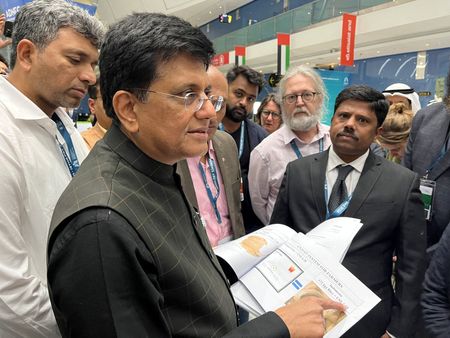MUMBAI (Reuters) -India’s central bank on Monday proposed more liberal rules governing investments by lenders in Alternative Investment Funds (AIFs), citing improved financial discipline after rules were tightened earlier.
In December 2023, the RBI barred banks and NBFCs from investing in AIFs that held exposures to their existing or recent borrowers. It later eased the rules in March 2024, requiring higher provisions only when lenders invest in AIFs that, in turn, have exposure to their borrowers.
The RBI on Monday proposed capping a single regulated entity’s investment in any AIF scheme at 10% of the scheme’s corpus, with total combined investment by all lenders limited to 15%, according to draft guidelines.
Lenders would be allowed to invest up to 5% of an AIF’s corpus without restrictions. If this threshold is breached and the AIF makes downstream debt investments in companies that owe money to the lender, the lender would have to make a 100% provision on its proportionate exposure.
The RBI also proposed exemptions for AIFs set up for “strategic purposes,” subject to consultation with the central government. The norms would apply prospectively, with current investments governed by existing rules. It has invited stakeholder comments before finalising the guidelines.
(Reporting by Swati Bhat; Editing by Nivedita Bhattacharjee)









